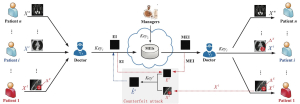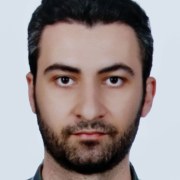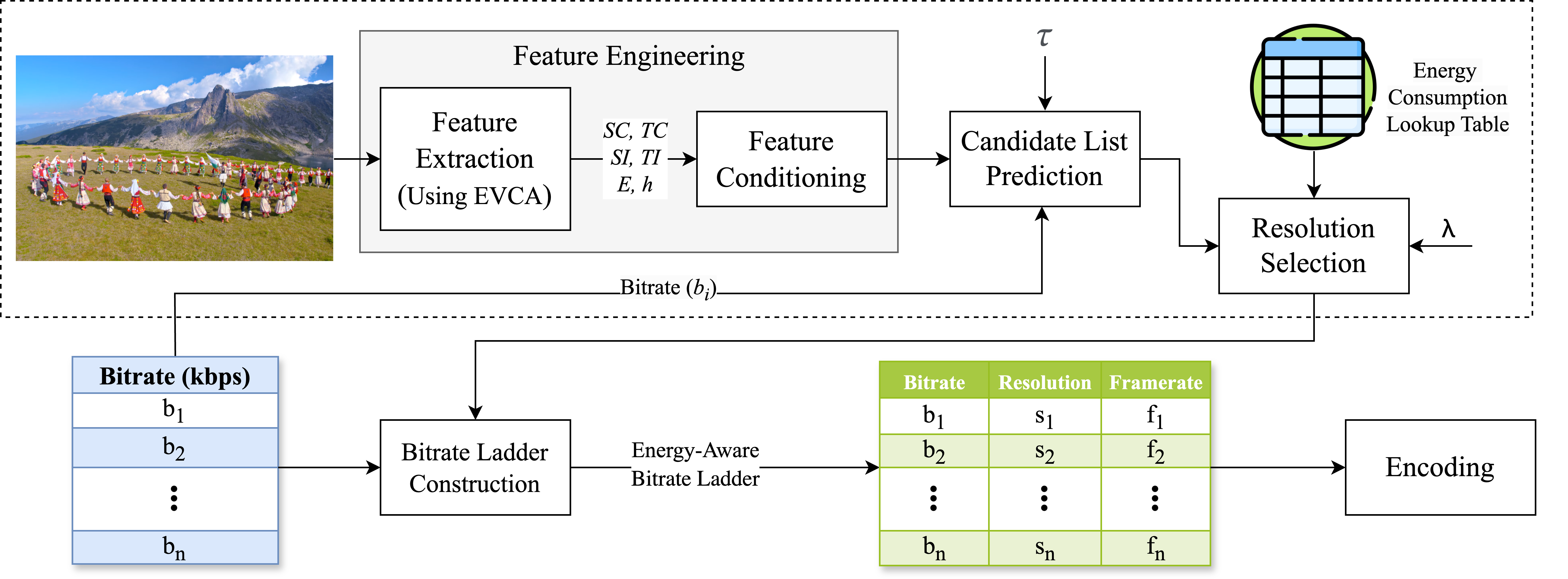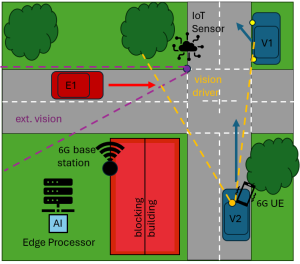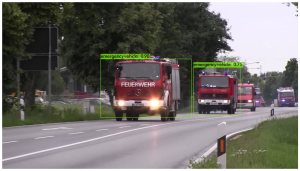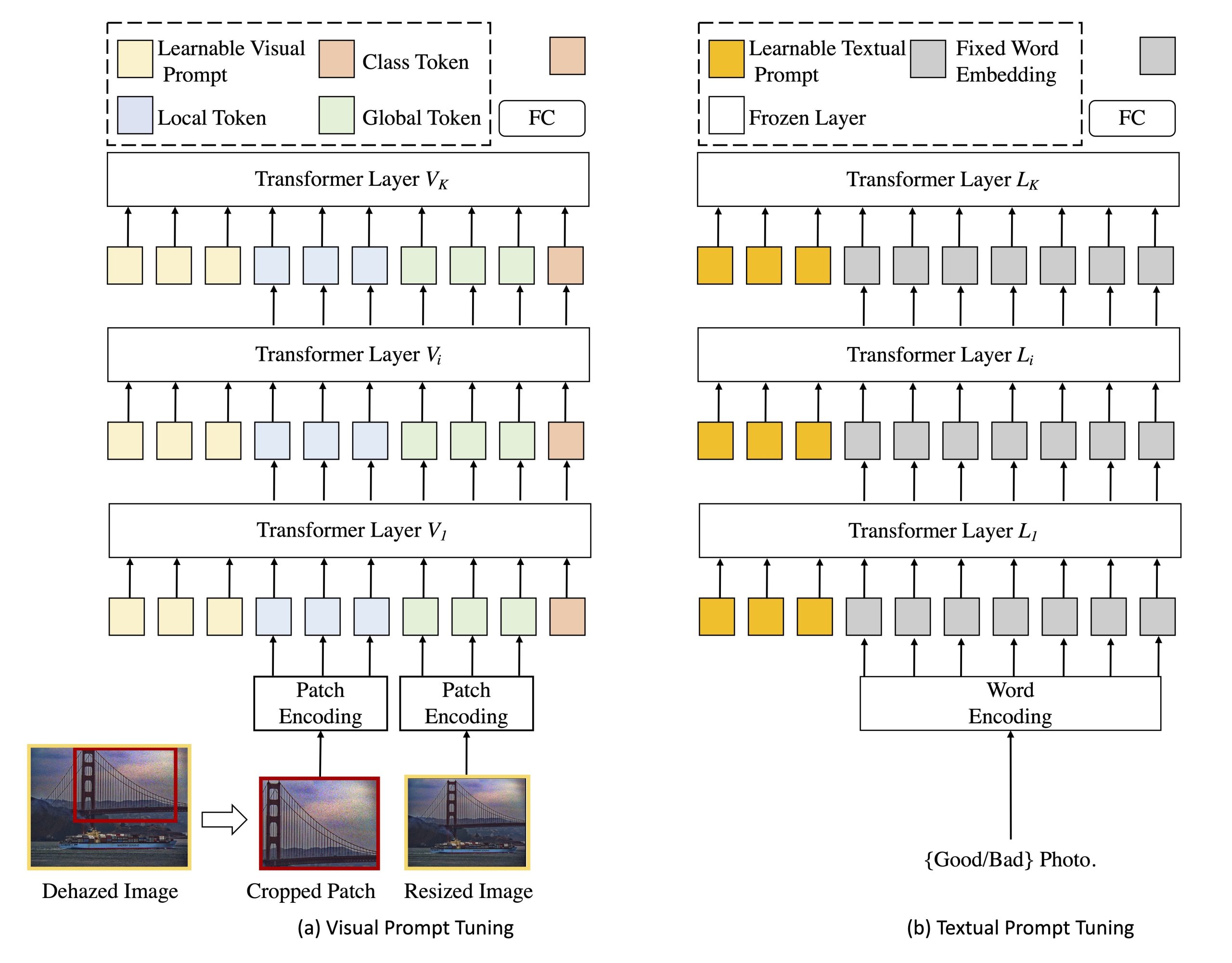Title: For Empowerment’s Sake: Rethinking Video Game Adaptations Of Real-Life Experiences
Author: Kseniia Harshina
Abstract:
In adapting real-life experiences into interactive narratives, video games have prioritized empathy-building as a central design goal (review in Schrier & Farber, 2021). This often involves crafting stories and gameplay mechanics that allow players without direct exposure to experiences such as mental illnesses, queerness, trauma, or forced migration—to better understand and emotionally connect with these realities. This focus on empathy can be seen as commendable and serving a critical purpose for broadening awareness and encouraging understanding. However, researchers, game developers and people with said experiences have raised critique against the rhetoric of empathy. Common arguments against these video games include minimizing the lived experiences, labeling them as “other” and promoting appropriation of affect (Ruberg, 2020). Prioritizing players without these experiences overlooks the opportunity to address the needs of those who have lived them. These players might not seek to feel empathy, but instead could benefit from video games that reflect their own stories and emotions, providing them with opportunities for healing, empowerment, and self-reflection. We believe there is a need for games designed explicitly with these audiences in mind and argue for an expansion of design goals in video game adaptations of real-life experiences including empowerment through feelings of catharsis.
Catharsis as a Mechanism for Empowerment
We view catharsis as a key component to fostering empowerment. Derived from Aristotelian concepts, catharsis refers to relieving tension and intense emotion by expressing them in a safe context (Kettles, 1995). To date, psychological research on catharsis in video games has largely focused on its connection to violent video games (e.g., Ferguson et al., 2014; Kersten & Greitemeyer, 2021). This limited focus has led to a gap in understanding how catharsis might operate as a constructive mechanism within video game narratives. We advocate reframing catharsis as a tool for processing emotions, promoting healing, and empowering players.
In our study of Reddit posts about Silent Hill 2, we examine how the game fosters cathartic experiences through its themes of trauma, guilt, and grief. Many players describe how the emotionally charged narrative and immersive world resonate with their own struggles, offering a space to process and confront difficult emotions. The ability to resonate with the game’s themes and process emotions through catharsis makes playing Silent Hill 2 an empowering experience for its players.
Co-Creating Stories: Designing for Affected Communities
To illustrate the potential of empowerment-focused video game adaptations of real-life experiences, we would like to present an ongoing participatory design project involving people with experiences of forced migration (Harshina, 2024; Harshina & Harbig, in press). Our project employs a collaborative methodology, combining surveys and iterative feedback sessions to co-create a game framework. By directly involving affected individuals, we aim to ensure that the resulting narratives authentically represent their lived experiences and emotional journeys.
Our design framework is structured around two distinct pathways: one tailored to players with lived experiences of forced migration and another aimed at promoting empathy among broader audiences. For the former group, the focus lies in crafting narratives and mechanics that provide cathartic, resilience-building experiences, reflecting their struggles and triumphs. For the latter, we emphasize creating opportunities for meaningful engagement and shared understanding through immersive storytelling. Additionally, we explore how a single game could serve as a bridge between these audiences, cultivating dialogue and mutual understanding. By combining empathy and empowerment within a single narrative, we envision games as a space where individuals with diverse perspectives can come together, challenge biases, and build solidarity.
Reimagining Video Game Adaptations
We argue for a reimagining of video game adaptations of real-life experiences that:
1. Ground narratives in authentic stories told by those directly affected.
2. Consider affected people as target audiences.
3. Strive for empowerment through cathartic and resilience-building experiences, rather than solely aiming for empathy.
Empowerment-focused narratives invite players to connect with their own emotions and stories. Our proposed dual-path approach—focusing on both empathy and empowerment—reframes how video games adapt real-life experiences. By centering affected individuals and embracing catharsis as a design principle, games can create meaningful connections across diverse audiences. We encourage game designers and researchers to collaborate with affected communities to craft narratives that resonate deeply, connecting storytelling, personal growth, and societal impact.


